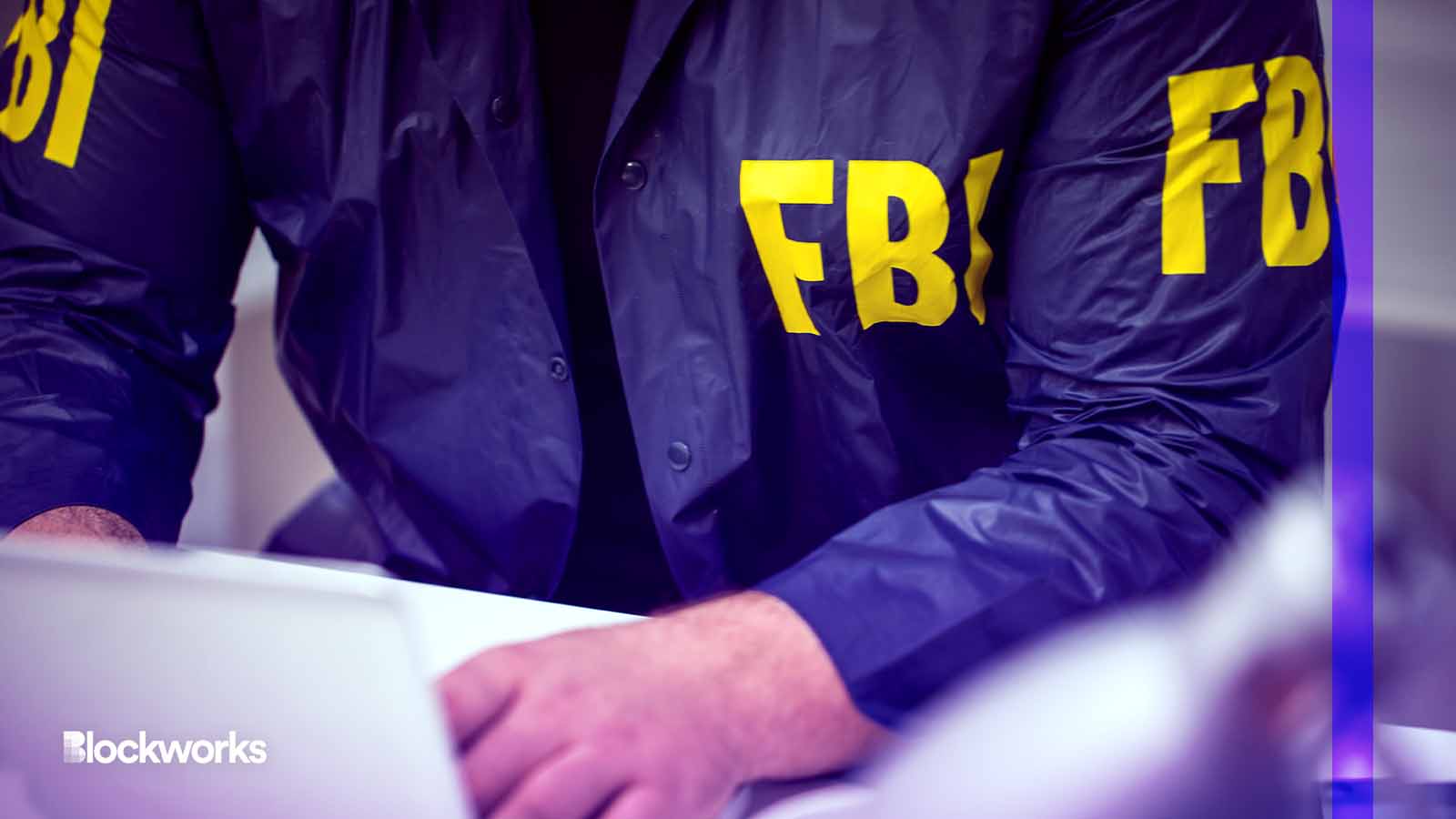FBI seized almost $400,000 from Binance account users in May
US persons have been blocked from using Binance since 2019

Dzelat/Shutterstock modified by Blockworks
The Federal Bureau of Investigations (FBI) seized nearly $400,000 worth of cryptocurrencies from Binance accounts in May, according to public notices filed this month.
The agency seized bitcoin and tether valued at about $397,221 from six Binance accounts between May 2 and 23, federal forfeiture documents show.
The assets were seized “for violation of federal law,” the FBI wrote in the notice.
Despite now being the defendant in two lawsuits with US agencies – the US Securities and Exchange Commission and the Commodity Futures Trading Commission – Binance maintains that it still aids in these types of investigations.
“Binance actively collaborates with law enforcement agencies worldwide – this includes identifying funds connected to criminal activities to help thwart bad actors,” a spokesperson from Binance told Blockworks.
People in the US have been blocked from using Binance since 2019. Some residents, including those in New York, Texas and Vermont, are still unable to access Binance.US, the exchange’s American affiliate.
Binance claims to enforce global know-your-customer (KYC) policies and restricts access for anyone identified as a US citizen, irrespective of their actual location. Additionally, it says that devices connected via US cellular providers or with US IP addresses are blocked. The exchange also does not allow withdrawals or deposits from US banks and credit card companies.
“We implement industry-leading controls to prevent people in the US from accessing services on Binance.com. We take pride in being a responsible member of the cryptocurrency community and are committed to playing our role in combating crimes that victimize cryptocurrency users globally,” the spokesperson added.
Crypto investors and Binance fans have found ways around the ban and efforts to block US persons. Users have taken to sites like Reddit to share tips for bypassing geographic blocks, such as using a virtual private network (VPN), to conceal their IP address.
The FBI declined to comment on the seizures or its relationship with Binance.
The FBI also seized crypto assets from accounts on other exchanges in May, FBI public notices show. Around $30,000 was seized from accounts on Bybit and $16,000 from Freewallet users.
Get the news in your inbox. Explore Blockworks newsletters:
- The Breakdown: Decoding crypto and the markets. Daily.
- 0xResearch: Alpha in your inbox. Think like an analyst.






